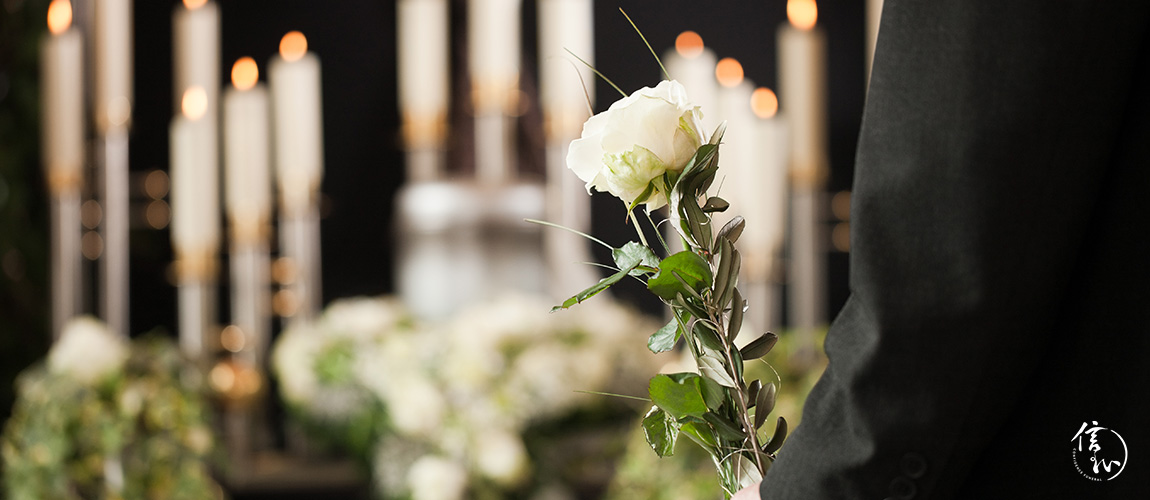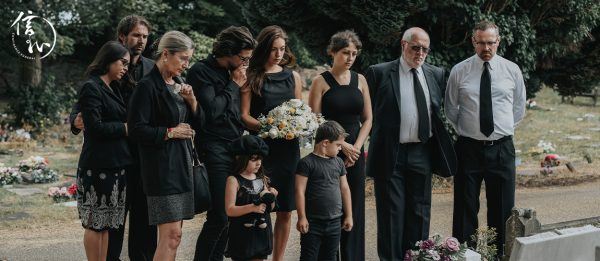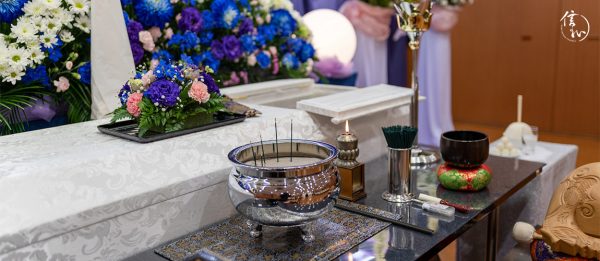
Trying to arrange a funeral while grieving the loss of a loved one can be a challenging affair. This is why most opt to engage the services of a funeral service provider in Singapore to assist them with the funeral arrangements, so they can focus on grieving the loss of the departed.
However, what does the role of a funeral director entail? Many may be forgiven for thinking they merely assist with the casket selection and arrange for the burial or cremation, but their job goes beyond that. They also serve to ensure every aspect of the funeral complies with the wishes of the family and provide them with the support they need during this trying time.
From coordinating the funeral arrangements to assisting the family with their loved one’s passing, let us explore in detail the role of a funeral director and how they can help you with the planning of a funeral service in Singapore.
1. Liaise with the family and ensure the wishes of their loved one are fulfilled

The faith of the departed will likely dictate the type of funeral services the family wishes to arrange. However, the family members of the departed may not practise the same religion as their loved one, and they might not be familiar with the funeral customs and rites of the departed’s faith.
This is where a funeral director steps in to assist the family and ensure their loved one’s wishes are fulfilled. Whether the family is looking to arrange a Christian, Taoist, or Buddhist funeral, the funeral director can ensure the funeral is planned according to the required religious needs and ceremonies.
2. Assist with the selection of the casket

Selecting a funeral casket may not be as straightforward a task as it seems. A quality casket can easily set the family back thousands of dollars, which can be a significant problem for families that are struggling financially.
This is why it is crucial to seek the help of a reliable funeral director who can assist to select a suitable casket that balances cemetery restrictions – if the family chooses a burial service – and religious requirements for those working with a tight budget.
3. Plan the logistics and process of the funeral service

Planning a funeral arrangement is undoubtedly challenging, especially when the unforeseen happens and no pre-arrangements were made by the departed beforehand. This can often leave the family members of the departed scrambling and at a loss on how to proceed.
However, all the anxieties and concerns that come with arranging a funeral service can be allayed with the help of a funeral director, who can plan the logistics and process of the funeral, giving the family the time and space to grieve their loved one properly.
Some of their other duties include:
1. Transferring the departed to a funeral parlour so the body can be prepared for the wake;
2. Arrangement of religious figures to conduct the funeral ceremony;
3. Arranging with the crematorium or cemetery of choice, depending on whether the family wishes to cremate or bury the body;
4. Booking the venue of the funeral wake;
5. Advising on the day and time of the funeral service;
6. Guiding the family and guests through the process of paying their final respects to the departed;
7. Coordinating the funeral procession and the transfer of the departed to their final resting place after the service has ended.
We hope what we have shared has given you a better idea of the role of a funeral director. Their primary goals are to ease the workload of the family planning the funeral and ensure the relatives and friends of the departed can pay their respects to their loved one in a dignified fashion that complies with the departed’s wishes.
At Confidence Funeral Services, we understand the challenge of arranging a funeral service while coping with the passing of a loved one. If you or anyone you know requires assistance, do not hesitate to contact us, as our experienced team is ready to help with the planning of the wake.


